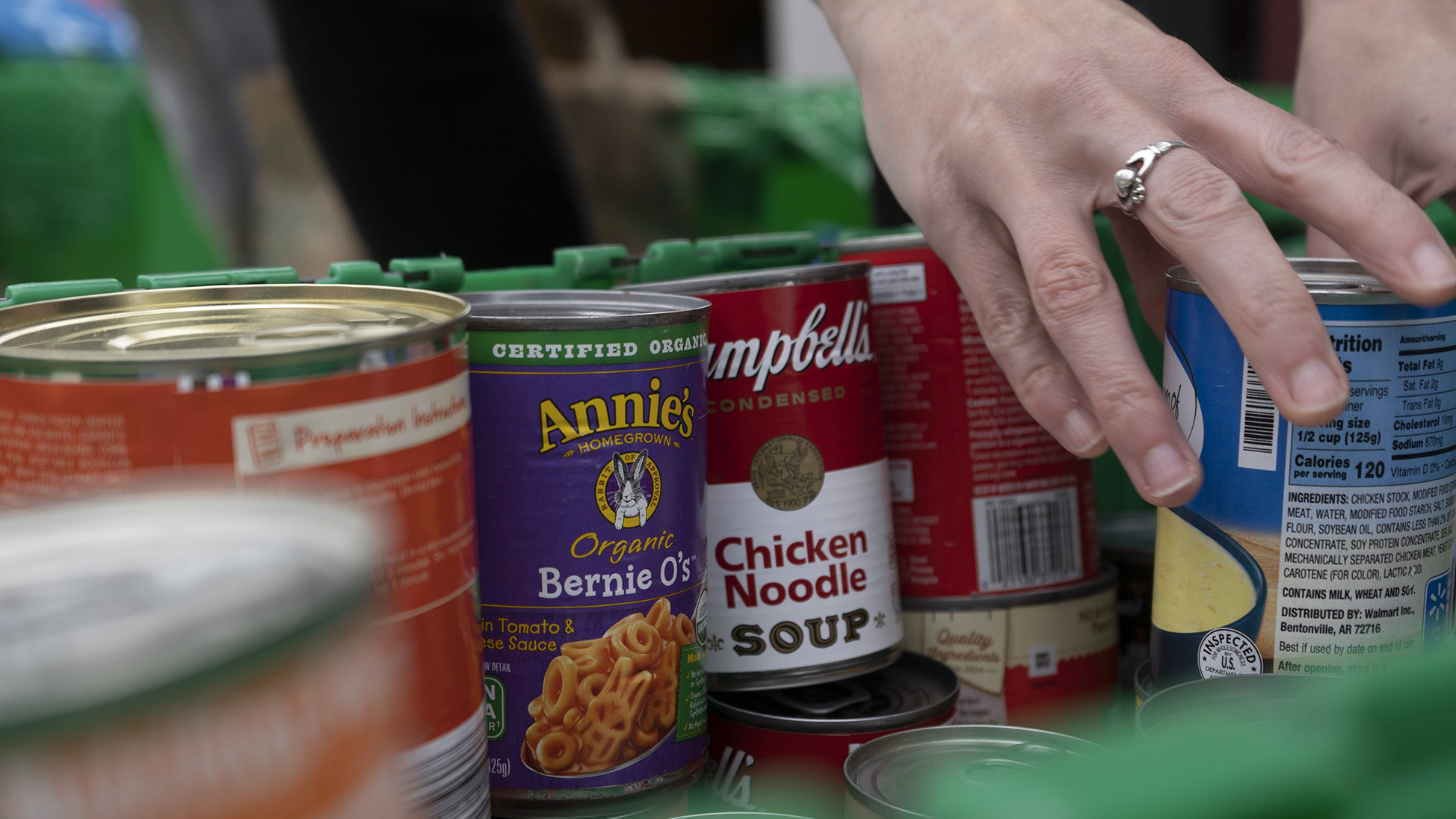CLARIFICATION: This story has been updated to better reflect that the grant funded a student internship position at this university’s counseling center.
Six University of Maryland student interns have spent the past academic year combating food insecurity on campus using funds from a nearly $50,000 Do Good Institute grant.
The grant, which was awarded to the agriculture and natural resources college in spring 2024 to pursue a “hunger-free campus,” funded student internship positions at this university’s Community Learning Garden, Terp Farm, Campus Pantry and Counseling Center. The grant also funded conducting another campus food access survey, according to Meredith Epstein, a principal advisor and lecturer in the applied agriculture institute.
Students have worked at these locations during past summers, but the grant financially supported student internship positions during the academic year, according to Epstein. Working year-round gives students a more comprehensive understanding of the work that goes into food production, she said.
“Gardening and farming and food security work are non-stop all year,” Epstein said. “The summer is just a snapshot.”
In spring 2023, about 27 percent of respondents to this university’s Food Access and Student Well-being Survey said they were food insecure, according to the report.
Intern Ellie Dugan began working at the Community Learning Garden over the summer and was able to continue her work at the garden during the school year because of the newly-funded internships, Epstein said.
[UMD students promote recycling, composting at first library waste audit]
Dugan, a junior landscape architecture major, has given several presentations about her work in the garden and campus efforts to address food insecurity, Epstein added.
“She was able to foster a stronger connection between the garden and the Campus Pantry,” Epstein said. “It’s helping us really elevate awareness of what we do on campus and off campus.”
Dugan works in the garden at least once per week, where she maintains crops, leads volunteer groups and occasionally makes deliveries to the Campus Pantry, she said.
Seeing the demand and excitement for the food she helps grow is gratifying, she added.
“It feels nice knowing that we’re part of the overarching effort to alleviate food insecurity,” Dugan said. “People are benefiting from the work that I do in a tangible way.”
University community members carry out similar food production efforts about 15 miles from campus in Upper Marlboro, where Terp Farm manager Guy Kilpatric supervises interns Ahmad Toure and Douglas Mejia-Guevara.
Toure and Mejia-Guevara work at the farm two days a week, helping plant and harvest vegetables for this university’s three dining halls and the Campus Pantry, according to Kilpatric.
The farm grows certain in-demand crops, like garlic, for the Campus Pantry, Kilpatric said. The farm is able to address food insecurity by connecting a wide demographic of students through food, he added.
“We want to try to highlight not just the quality of the food that we’re producing, but to try to relay stories about how it was produced and why it’s important,” Kilpatric said.
[Here’s what to know about the Terrapin Development Company]
Epstein also taught the intern cohort how to write grant proposals and walked them through the process, she said.
Toure and Mejia-Guevara recently applied for and received a sustainability mini-grant to fund a new compost spreader for the farm, according to Kilpatric.
This past year, Campus Pantry interns Kerra Dukes and Zakiya Suleman helped organize and maintain the pantry, according to Lindsay Barranco, the applied agriculture institute’s experiential learning coordinator.
The Campus Pantry saw more than a 60 percent user increase between 2022 and 2023, The Diamondback reported in April 2024.
During the academic year, Barranco organized regular meetings for the interns to share updates and experiences from their respective positions. It is meaningful for students to see how their roles fit into the process of feeding community members in need, Barranco said.
Barranco said ideally, similar paid internship opportunities will continue in the future, but funding is necessary.
While the program’s long-term goal is to eliminate food insecurity on campus, managing an entirely volunteer-based workforce is difficult to maintain, she said. Barranco added that she hopes the work done through the Do Good grant this year will set the standard for future projects.
“We want people to have enough food and to be able to afford enough food, but that’s not the reality,” Barranco said. “Continuing the research and having sort of precise knowledge as to what the need is here, in terms of the research surveys, that’s a really important component.”



